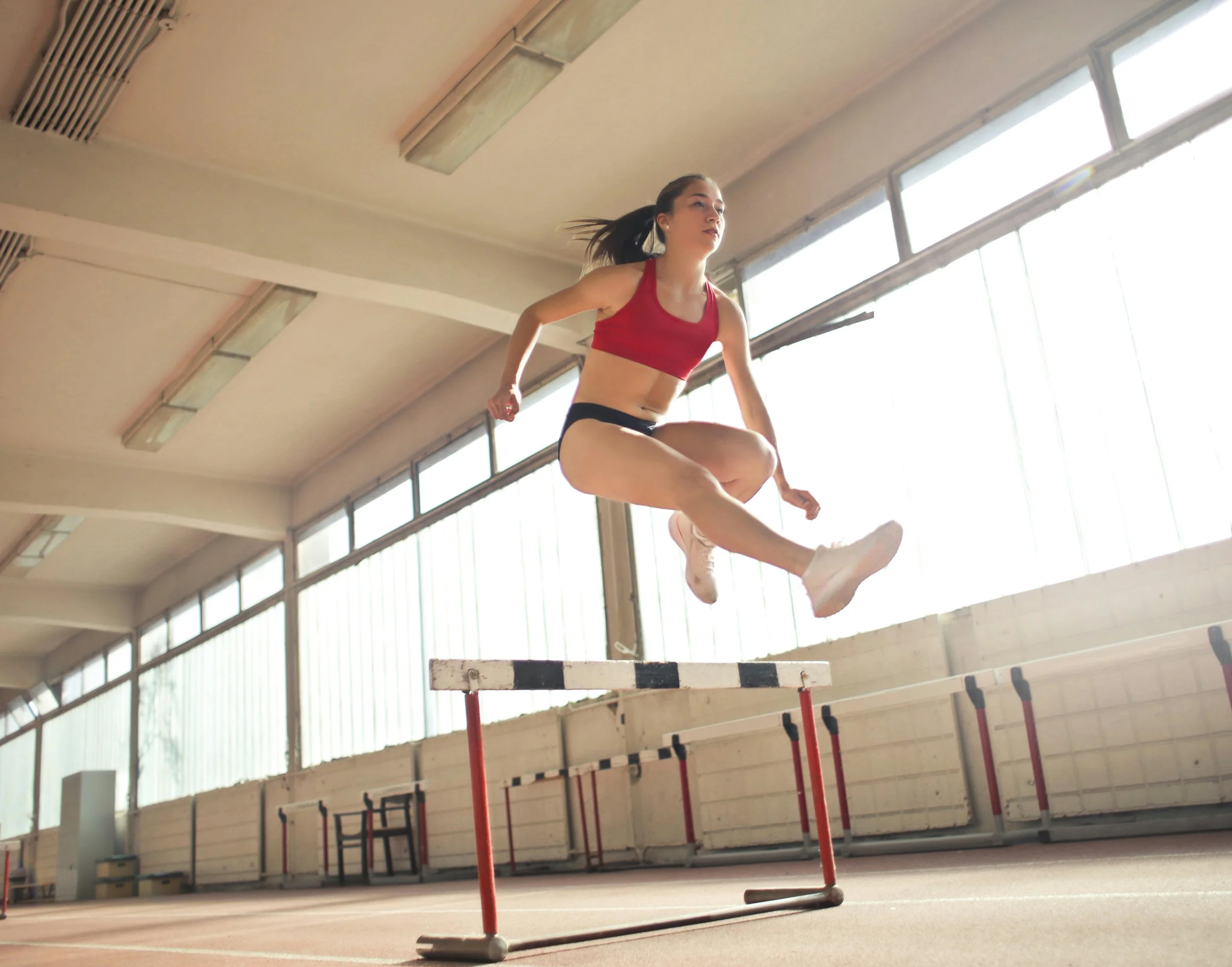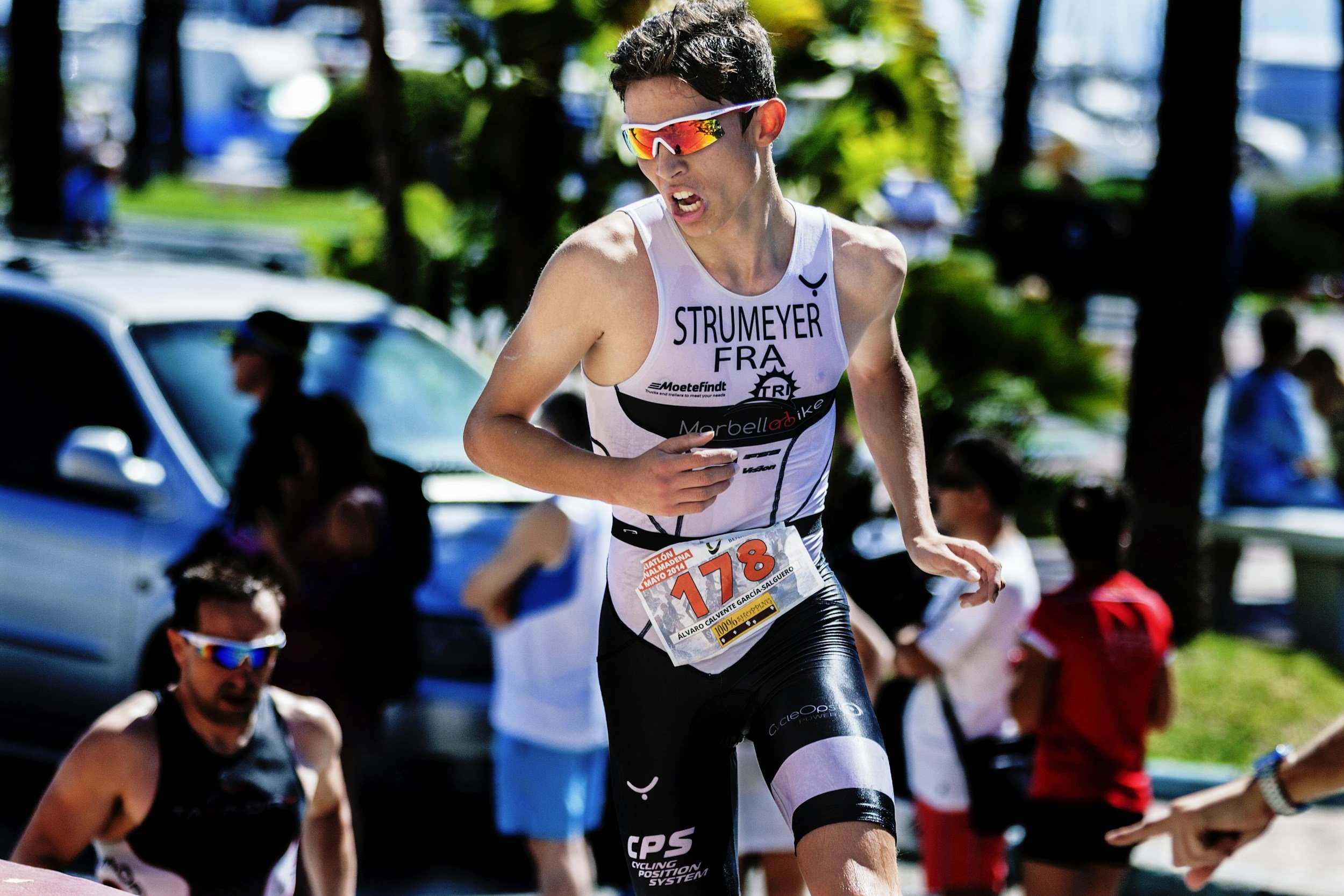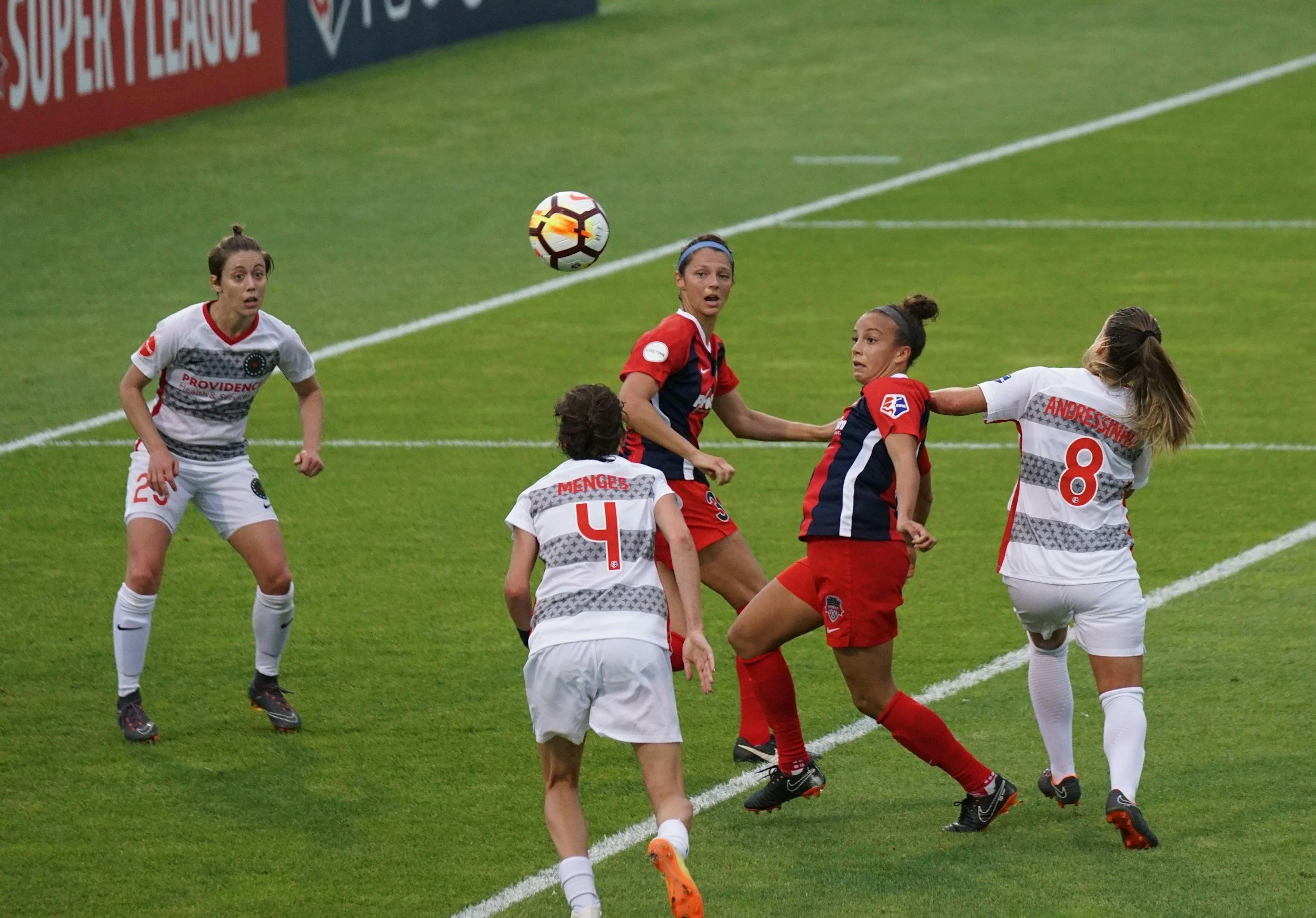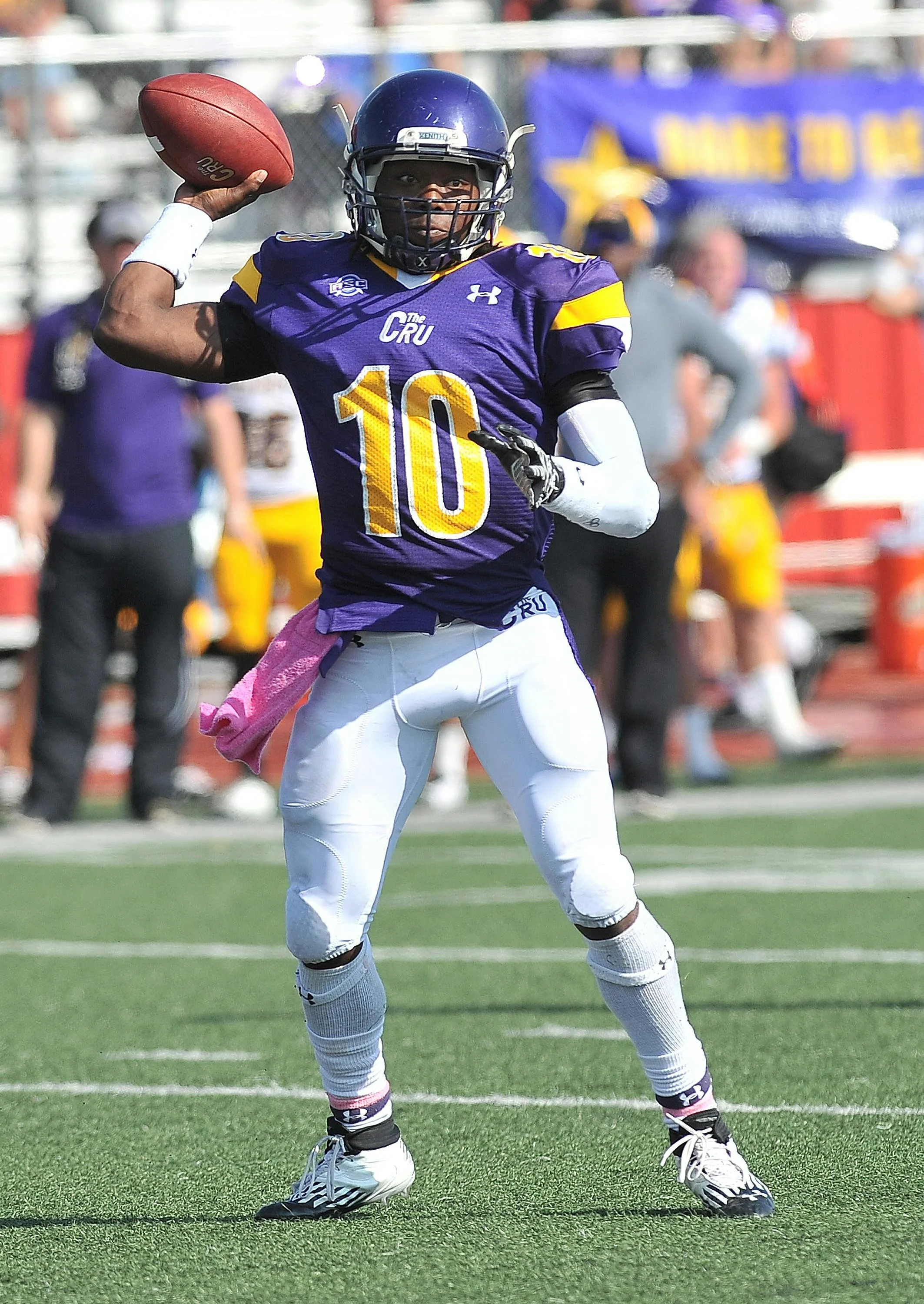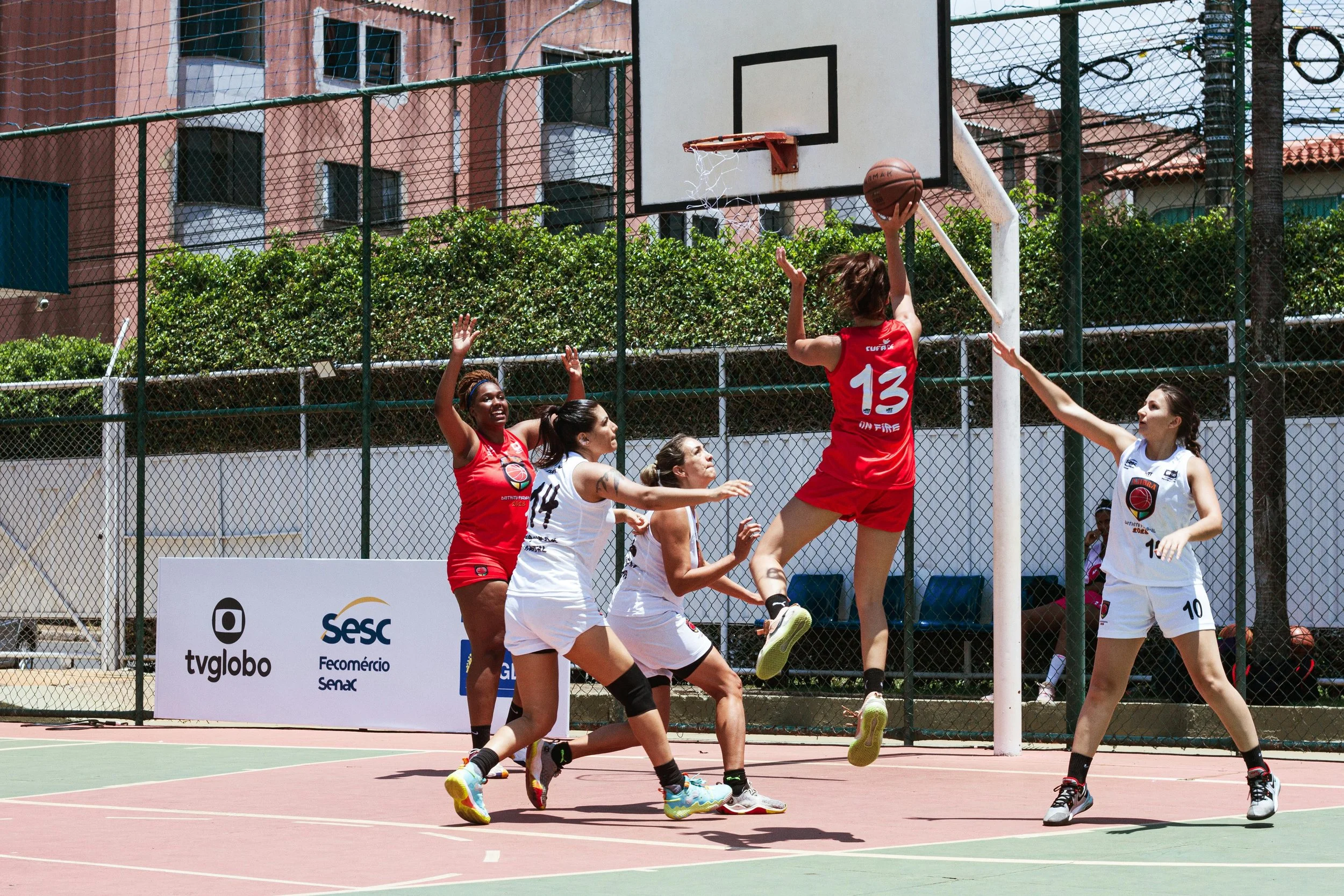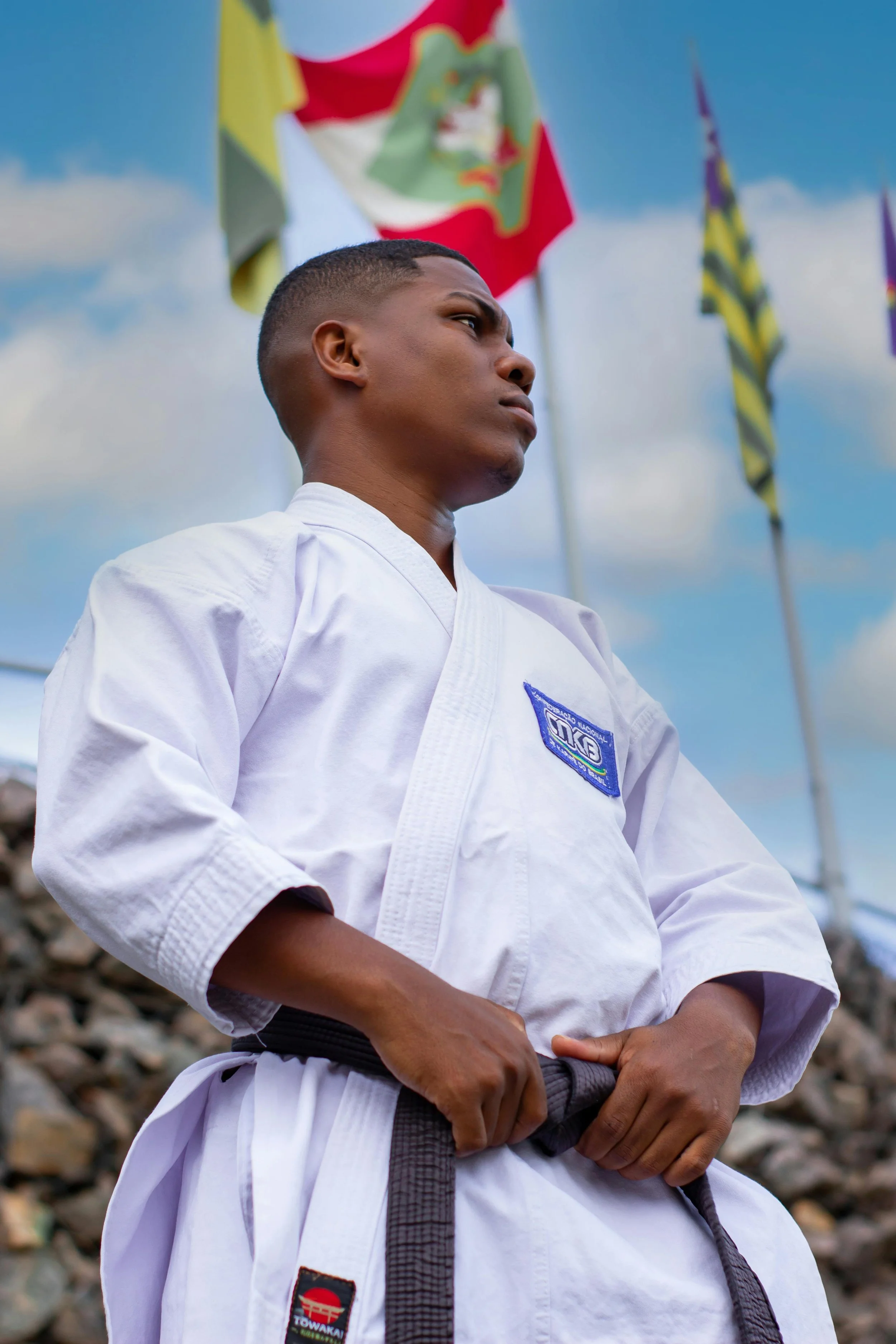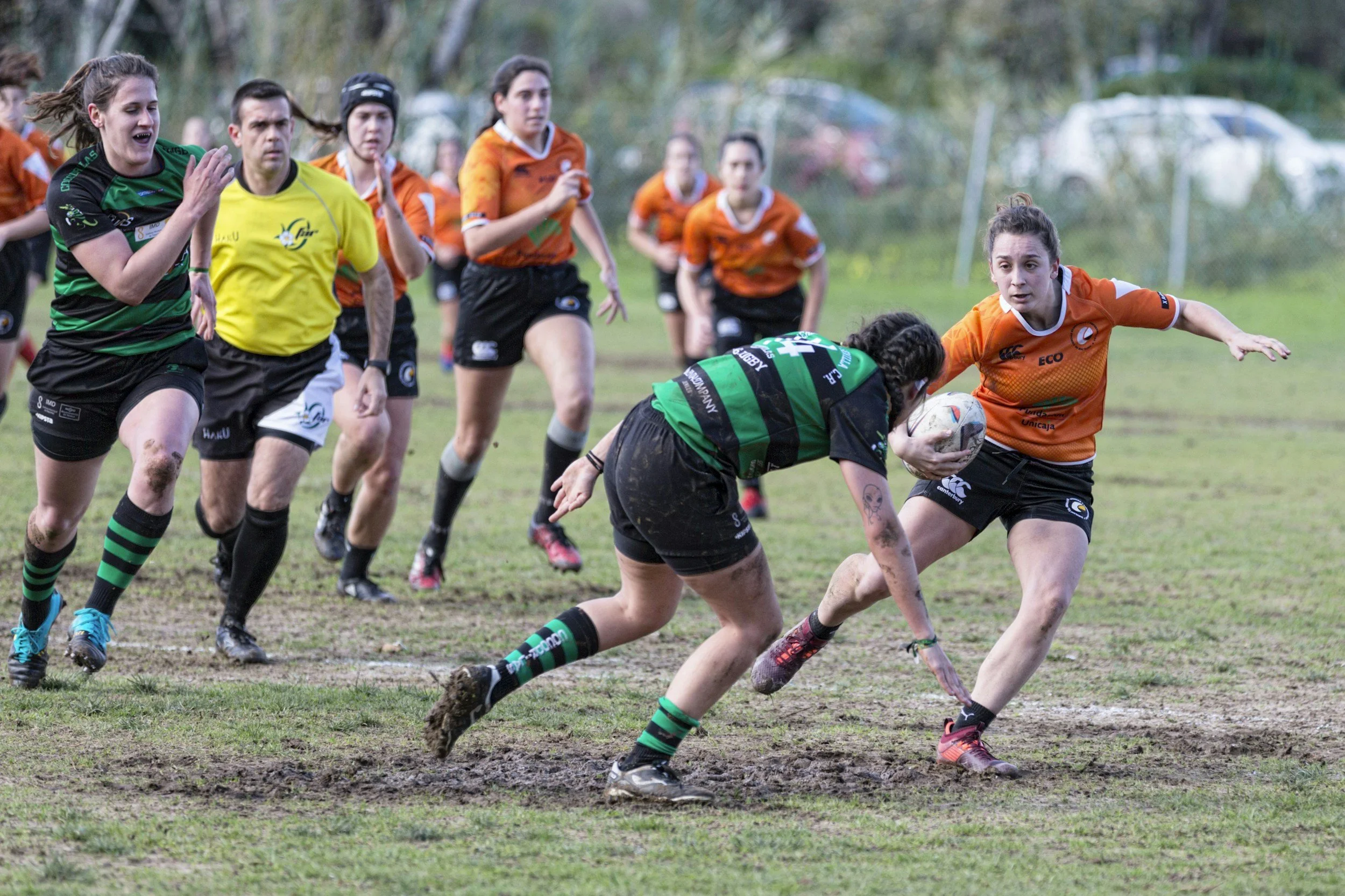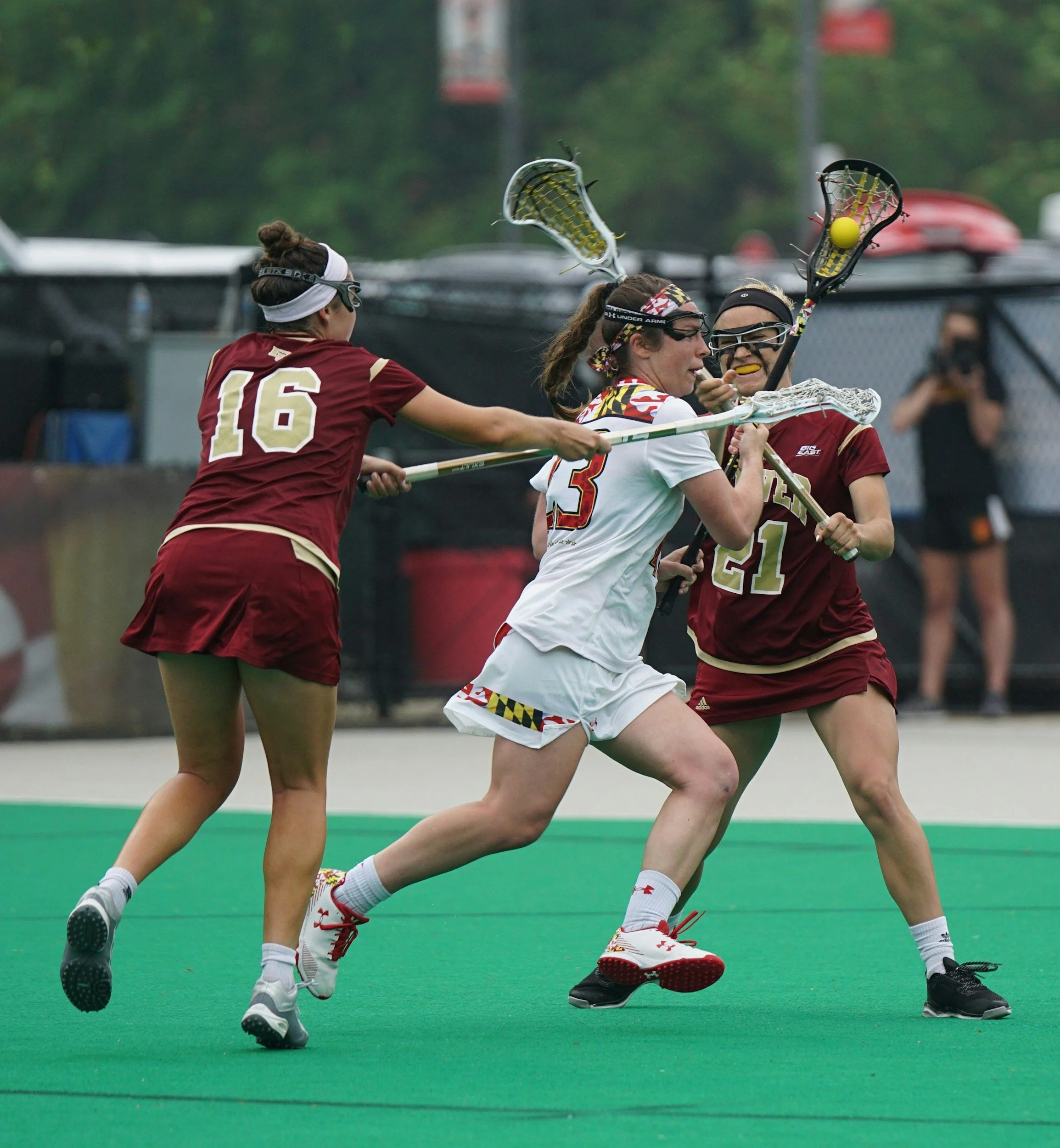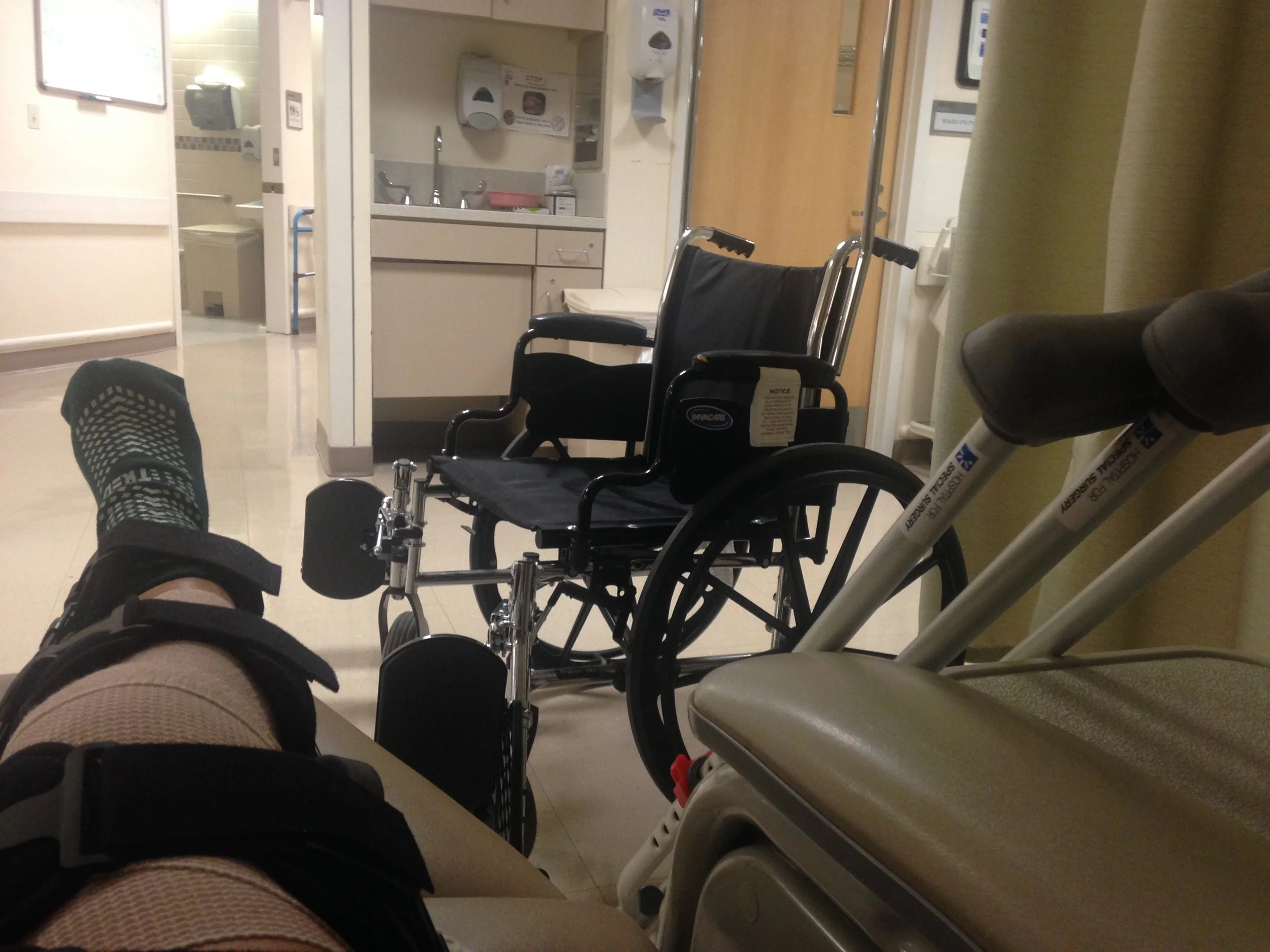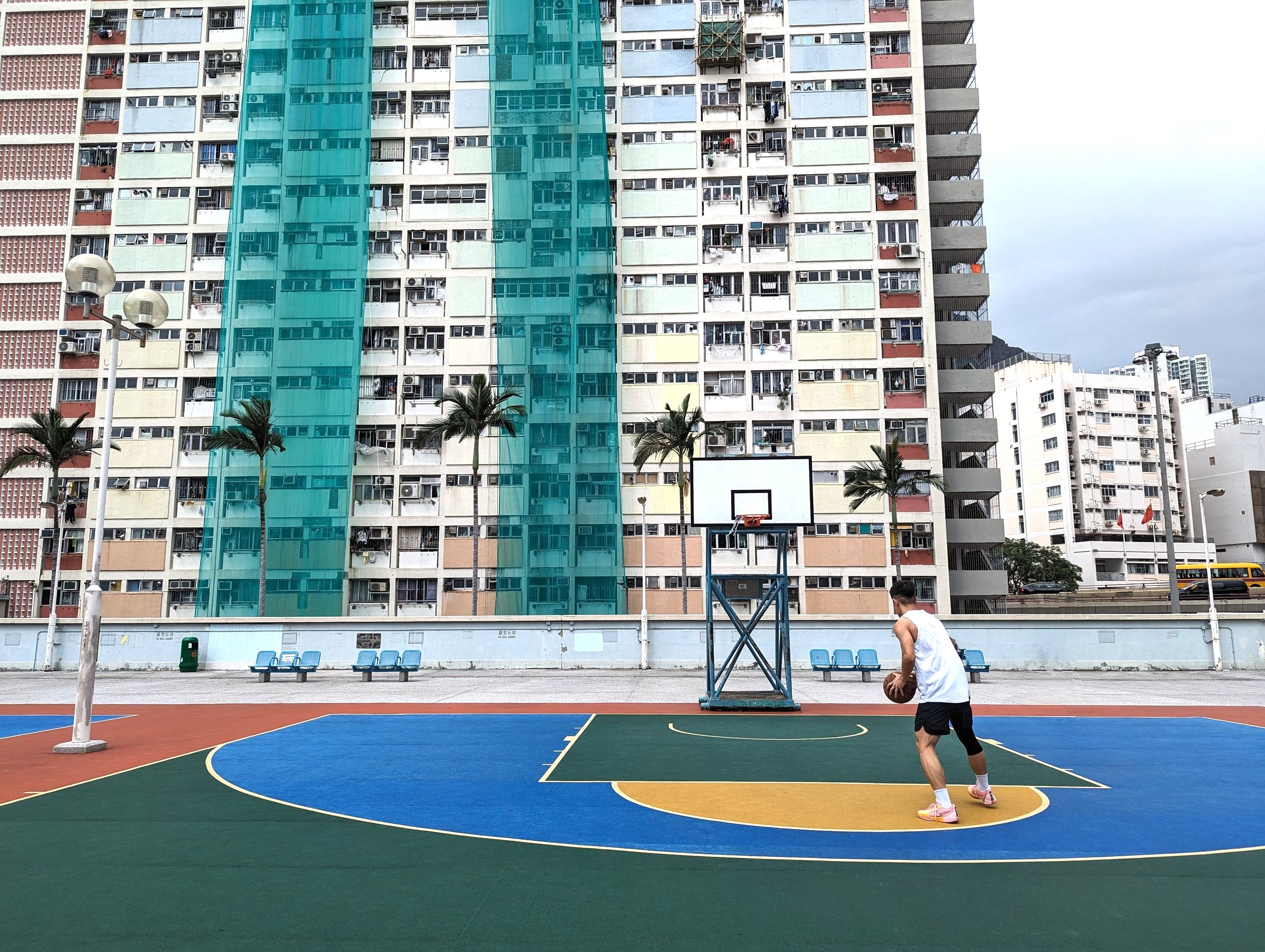
GETTING MENTALLY STRONG TO GET BACK IN THE GAME: THERAPY FOR INJURED ATHLETES
Athletics isn't just physical; it's a mental and emotional journey. Injury can sideline your passion and challenge your identity. Here, you and I focus on holistic recovery, addressing the psychological impact of injury, rebuilding confidence, and finding new paths to athletic and personal fulfillment.
Understanding the Impact of Athletic Injuries
For athletes, an injury can be more than just a physical setback. It can shake your identity, disrupt your routines, and challenge your sense of purpose and self-worth. You may find yourself struggling with:
-
When an injury happens, it's a big shock. One day you were healthy. The next, your sport was taken away from you. Your immediate reaction may be, "This is not happening to me," or "Maybe I should go see another doctor. They could be wrong." Denial and disbelief are natural feelings when it's hard to make sense of something. The body and mind need time to process how you're going to get through this.
-
Your injury doesn't make sense to you. Your body has betrayed you. One day it was working and the next it's broken. The chaos and insanity of it all is anger-inducing. You want to kick, punch, scream. Why did this happen to YOU? You didn't deserve this. Everyone else gets to move on and you're left behind with this nagging injury that you never asked for in the first place.
-
You feel so helpless and lost. This injury sucks. You don't want it. You wish it never happened. You don't know what to do. You're not used to feeling weak. It's all so depressing.
-
Where do you go from here? How do you get back to sport?...if you ever get back...no wait...WHEN you get back. Aw hell! You go back and forth. Some days you feel like your old self and others you wonder if you can hack it. You can't wait to get back, but then sometimes you worry another injury could be lurking around the corner. This isn't you. You're generally confident when you're playing your sport or competing, but this damn injury has made you question yourself. Self-doubts have entered.
-
Sometimes it's easier to be by yourself:
1. No one understands what you're going through.
2. You don't want their pity and you don't want to keep answering questions about your injury or recovery.
They don't get it. You're over it. "Just leave me alone, already."
-
It can be lonely at times when everyone else is healthy and you're recovering from an injury. It feels like everyone is moving on without you. Your teammates, fellow athletes, your coaches. They're still involved in practice and competition, but you've been left behind. You've been forgotten.
-
You have been an athlete your whole life. It's what you know. It's in your blood. But right now, you can't be active. Right now, you can't compete. Your athletic identity has been taken away. So who are you now? Who are you really when you can't rely on your sport to define you?
-
When you're stressed, you played your sport. When you're overwhelmed, you competed. When you felt intense emotions, you could just hit the ground running or pick up a ball, and it would all feel better. You can't do that now and you are going out of your mind. Thoughts are racing. You feel like you're on an emotional rollercoaster with no end in sight. And you can't let it out like you used to. Now what?
-
There's always fear that it could happen again. That an injury could pop out of nowhere and wreck your life all over again.
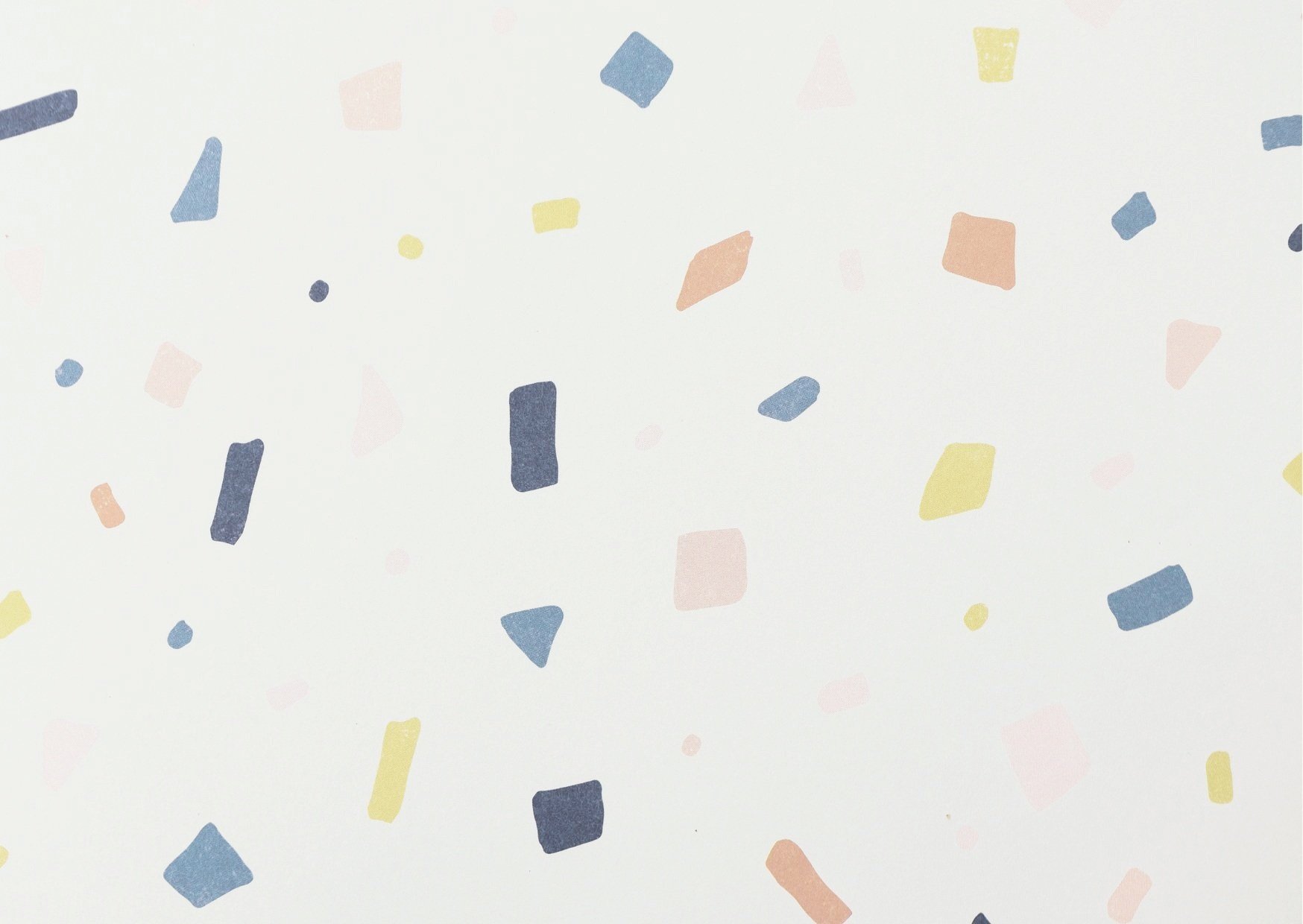
Hi again! My name is Alicia, and I know what you’re going through. After suffering from both an ACL tear and Achilles rupture, I know the process of physical and mental recovery very well. If you want relief from someone who gets it, reach out!
Keep scrolling to read about my athletic journey down below...
The Game Plan To Recovery
Let’s Get it Out
Before we can heal, we need to take an opportunity to mourn the loss of this injury and express our feelings. Just shoving them down and starting our rehab won’t work. I will help you process the injury and how it’s going to affect your life. I will validate your feelings - the good, the bad, and the ugly. All of your feelings are welcome here - the anger, the sadness, the frustration, the confusion, the fear. These are all normal and necessary responses to injury so we can move forward and get to the healing part. You will feel heard and understood. You can ugly cry with me. We can even scream together.
Flexibility, Adaptation, Resilience
When we put our hearts and souls into sport and its taken away, it can feel like we’ve lost everything. We may not know who we are anymore or our place in the world. In therapy, we will learn techniques to increase psychological flexibility, adaptability, and resilience. While your athletic identity is important, you are a dynamic being with multidimensional qualities. This doesn’t mean you’re losing your athletic identity, rather we are expanding your sense of self to be more inclusive to all the qualities that make you YOU! We will make space for the you that is versatile in life just as you are in sport. When we can become flexible in our identities and live life according to our values, it allows us to adjust to life’s inevitable challenges without being overwhelmed by them. This adaptability helps in managing stress, setbacks, and injury.
The Confidence to Get Back Out There
Returning to sport can be exhilarating and scary. We’ll come up with a plan to make sure you feel confident and mentally strong when you step back out there. You already have the muscle-memory of your movements in sport, this is about having the mental muscle-memory to know and believe that your body is capable and will hold you up. It can and will do strong, athletic, and agile things for you once again as long as you believe in yourself.
Change Your Thinking
When we are injured, it can be really easy to fall into a cycle of pessimism and despair. I will help you identify and learn to recognize negative or unhelpful thoughts related to your injury that may be interefering with your mood and subsequent recovery. You will learn how to challenge these thoughts and reframe your thinking into a more realistic and balanced way. When we start to think more realistically as opposed to the all-or-nothing way, we also start to notice the postive impact these thoughts have on our feelings and behaviors which can subsequently increase positive outcomes.
Push Through the Discomfort; NOT Through the Pain
As athletes, we are taught to train harder, get stronger, be faster, get better. Push. Push. Push. While this strategy helps us overcome adversity and creates mental toughness, it doesn’t make much space for listening to our own internal voice or signals coming from our bodies. My goal is to help you learn to listen to your innate wisdom , bringing self-compassion and self-care into the athletic equation. Self-compassion helps manage negative emotions, reduces self-criticism, enhances motivation, and supports overall psychological well-being, all of which contribute to a more effective and positive recovery experience.
Coping Skills
When the thoughts and feelings get to be too overwhelming, we’ll learn some new coping skills, such as mindfulness, deep-breathing, progressive muscle relaxation, and visualization to help you get back to baseline and feeling grounded again. We may even play a game, watch dog-surfing videos, or dance it out.
READY TO GET TO WORK?!?!
Let's Gooooo!
Let's Gooooo!
Your Recovery is PERSONAL to you.

